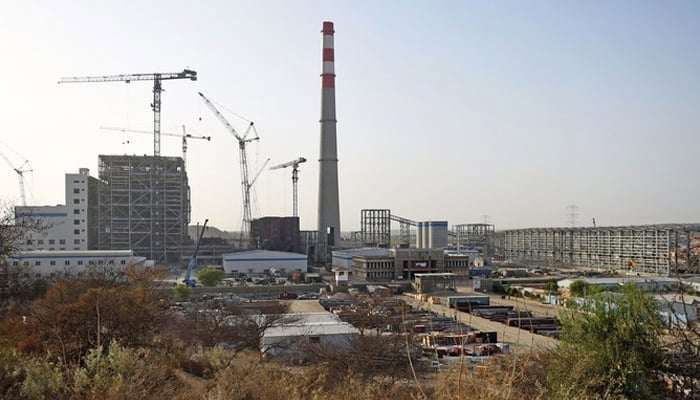ISLAMABAD: In a significant move aimed at enhancing energy cooperation and economic stability, Pakistani Power Minister Muhammad Leghari announced on Monday that China and Pakistan have agreed to...

ISLAMABAD: In a significant move aimed at enhancing energy cooperation and economic stability, Pakistani Power Minister Muhammad Leghari announced on Monday that China and Pakistan have agreed to convert their coal plants to use local coal.
Leghari highlighted that China has taken the issue of ‘debt profiling’ seriously, which is a crucial aspect of this transition. The announcement comes amid ongoing challenges in Pakistan’s energy sector, particularly the Independent Power Producers (IPPs) saga. Since 2018, the country has struggled with the financial burden of capacity payments to IPPs, which are made regardless of whether the electricity is consumed.
This has been a major strain on the national economy, exacerbated by a depreciating rupee and rising interest rates. The shift to local coal is expected to alleviate some of these financial pressures and support broader reforms aimed at reducing electricity prices and improving energy efficiency.
Leghari said this following a meeting with the MQM delegation led by MNA Mustafa Kamal regarding Karachi’s electricity issues. He stated that expensive power plants would be retired, and imported coal-based plants would be converted to use local coal. “Our government intends to lower electricity prices. We are working practically rather than holding sit-ins or press conferences,” he said.
He added that he had been briefed on MQM’s concerns but did not want to go into details due to legal complexities. Responding to statements made by the former prime minister, Leghari said, “Yesterday, the former prime minister said that Gohar Ejaz cannot explain the issue of capacity rates, and I say that even if Gohar Ejaz forms his own Supreme Court, no one will understand him.”
Mustafa Kamal, leading the MQM delegation, emphasized that IPP agreements have consistently harmed the economy. Capacity payments are a major issue for the national economy, and every era’s IPP agreements have harmed the economy.
Kamal further said, “The government has prioritized the issue of expensive electricity, and we should not cause discomfort to anyone to convey our message to the government.” He further mentioned that after this budget, a new series of taxes has begun, and capacity payment agreements are bleeding the economy. Capacity payments are the biggest wound inflicted on the economy.
He also noted that there are power outages of up to 18 hours in Karachi. He suggested, “They [government and local IPPs] can be made to understand that a reduction in their profits will save the country,” noting when the dollar rises, capacity payments automatically increase.
The MQM leader assured that the public would hear good news in the coming days. “We have discussed industrialization with the government;” adding that “Karachi is the best place for industrialization.”
He also mentioned that political and administrative discussions are ongoing to address the IPPs issue. He also urged for ending the monopoly of Distribution Companies (Discos) across the country, suggesting, “The market for Discos should be liberalised.”










